It has been a year since Adrian Delia, an outsider backed by people on the fringes of the inner circles of the Nationalist Party, ascended to the leadership in a closely-contested election that exposed the deep divisions that were so tightly kept together under the Fenech Adami and Gonzi administrations, by enticing disgruntled PN members disappointed by two devastating elections on his 'New Way' platform and promising to return the party to its grassroots.
"The first 100 days are crucial", Delia often said during the campaign. However, his first 365 days have been anything but smooth sailing, from failed parliamentary motions and the rumblings of internal power struggles to slipping poll numbers that hint at an already weak leadership.
The Malta Independent on Sunday has taken a deeper look at the rocky first year of Delia's stewardship and what it could mean for his future as the Leader of the Opposition.
What exactly is the 'New Way'?
Delia's 'New Way' vision for the party and the country has been opaque at best, with the party taking months to find solid positions on crucial subjects such as IIP, partially due to the fact that a number of its own members have been selling citizenship in their free time.
The greatest hint of his long-term vision came at the PN's annual general conference earlier this year, a sort of patriotic conservatism that places particular importance on the relatively cross-party yet vague ideals of the Maltese Catholic identity. This places him as a particular counterweight to Prime Minister Joseph Muscat's pragmatic approach, which places the economy at the heart of the national identity while also pushing forward a progressive agenda, with any critic being labelled as 'negative' or 'a traitor to the country'.
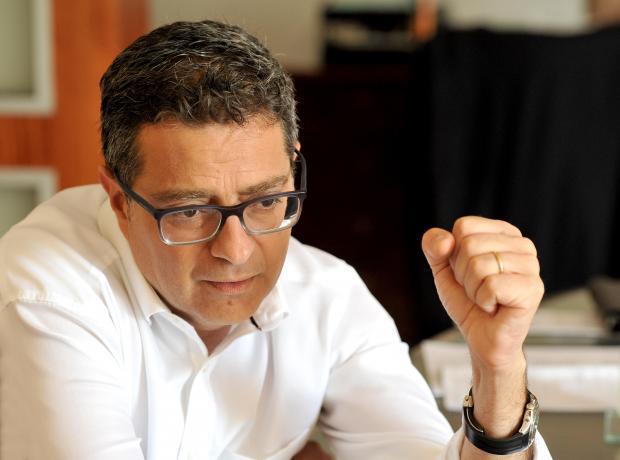
"Malta is our mother and we should never dishonour her name by selling our nationality, our identity and our sovereignty," Delia tellingly told the general conference.
He has also often questioned the viability of Muscat's economic model, flagging the issues of rising property prices, stagnant wages, traffic, pollution and construction.
However, he has regularly failed to provide details of concrete solutions or outline his own long-term vision for the country, often telling journalists who put such questions to him that it was up to the government to find such plans.
As shown in the recent events at the Planning Authority, the portion of the public who are clearly fed up with the rampant development and land speculation taking place could be another area Delia could exploit, but his possible ties to the db Group remain a cause for concern.
Since his election, Delia has also been unable to shake off the allegations that money deriving from prostitution in London flats was transferred through an offshore account in Delia's name, a claim that he vehemently denies. These claims have not only distanced PN supporters who have called for improved good governance for the better part of three years, but have also been used against him whenever he has criticised the current administration. It is also still unclear what sort of other baggage may be uncovered.
His own meekness when it comes to confronting corruption issues has done little to ease concerns and arriving almost two hours late for his own inauguration as Opposition Leader, not to mention his particular tardiness at practically every press conference or event, has also failed to endear him to the general public at large.
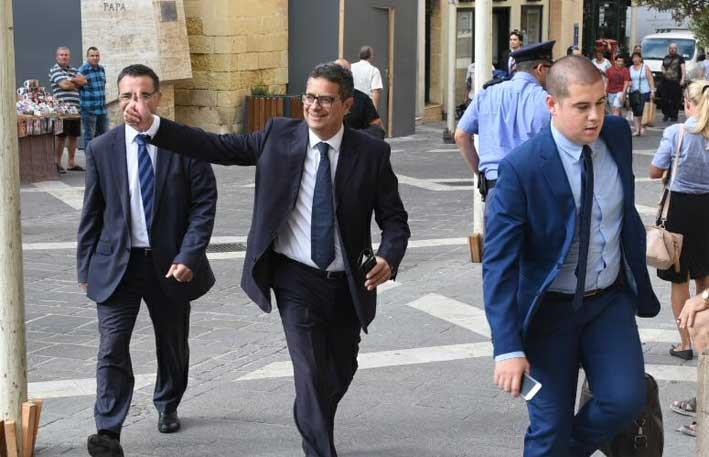
A man of the courts
Delia, a lawyer, has made most of the political moves in the law courts - from his legal challenge of VGH's controversial sale of three state hospitals 21 months into operations to his recent battle against the Attorney General's decision to refuse to provide him with a full copy of the Egrant Inquiry that was given to Muscat.
However, pushing the issues within the privacy and elongated time-frames of the courts may distance those not concerned with - or interested in - the complex legal jargon brought about by multiple court visits.
Can Delia capitalise on Malta's socially conservative populations on issues such as migration?
Migration, as evidenced by a number of electoral swings across Europe, is a core issue for many people. It is therefore unsurprising that, in the face of the growing influx of foreigners due to the booming economy and refugee crisis, Delia has made it his pet issue, with constant warnings against the cultural change and security concerns that have arisen over the past few years, and him famously visiting an unmanned Marsa Police station.
Social media can attest to the fact that the majority of Maltese hold strong anti-migrant beliefs, as any 'go back to your country' comment can testify, and with the country seemingly reluctant to provide its support to fringe political parties, Delia might be able to begin to bridge the gap.
Muscat, on the other hand, has been steadfast in standing his ground on the issue of irregular migration, employing aggressive tactics in the face of growing tensions, blocking NGOs from entering or exiting Maltese ports, grounding an NGO's spotter plane and only accepting the entry of a vessel on the establishment of an ad-hoc agreement ensuring the relocation of the migrants between European states.
However, Muscat has also pushed through his liberal agenda, ushering in a wave of progressiveness alien to Malta in the preceding years by introducing marriage equality, transgender rights and controversial amendments to the IVF legislation.
Especially with regard to the latter, the general public's disapproval has been evident, and with the introduction of surrogacy certainly getting closer, Delia's focus on a Maltese Catholic identity may capitalise on a disenfranchised and isolated conservative population.
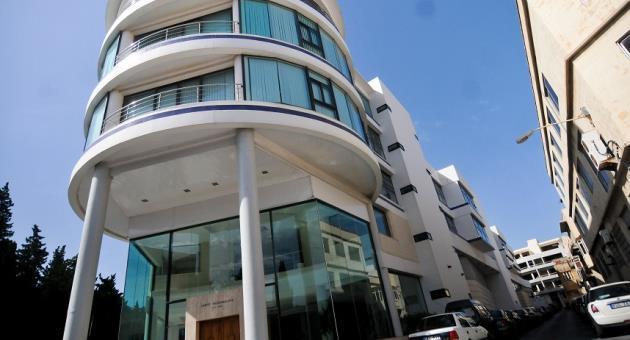
Party infighting: the outsider versus the establishment?
The divergence of political opinion, which had been the backbone of Eddie Fenech Adami's and Lawrence Gonzi's tenures as Prime Minister and which had seemingly held the party together, is now tearing it apart, and has been apparent ever since the allegations against Delia during the leadership campaign were made public by assassinated journalist Daphne Caruana Galizia.
In view of the claims, the previous Administrative Council, which included Karol Aquilina, called on the Ethics Committee to discuss Delia's candidature. A subsequent report by the committee urged Delia to reconsider his position, with former Leader Simon Busuttil saying he would have withdrawn from the election, had he been in Delia's position.
The turmoil that defined the leadership election culminated with reports of a brawl between Jason Azzopardi and Delia's brother on Election Day.
Bridges appeared to have been mended, but the domestic violence bill and Delia's unsuccessful parliamentary motion regarding a legal notice granting prospective parents leave to undergo medically assisted pregnancy abroad were two evident examples of the PN's internal division during his leadership, with regard to the eight PN MPs who voted with the government, while six PN MPs abstained from the motion.
This, however, may only fuel his own support base, which consistently claims that he is battling the establishment in the party. This form of analysis does pose one question beyond the party failing spectacularly to perform any kind of suitable background checks on the leadership contenders. Why did Simon Busuttil open up the election to all paid-up members, creating the environment in which Delia could be elected, if the party never actually wanted an outsider to be elected as Leader?
Breaking ties with the PD, Marlene Farrugia and Godfrey Farrugia, could also prove to be a mis-step, given that Delia clearly needs all the support he can get in the parliamentary platform.
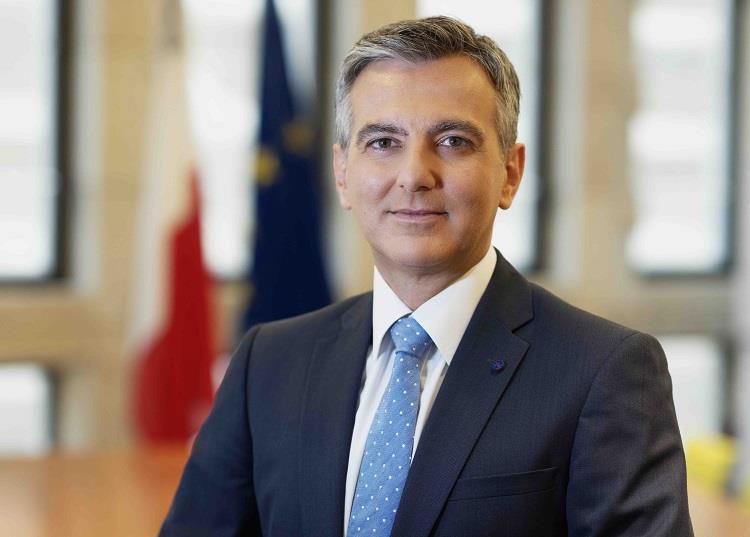
Egrant Inquiry: Delia's overestimation of Busuttil's power within the PN
Nowhere has the party's perpetual in-fighting been more apparent than in the aftermath of the publication of the conclusions of the Egrant Inquiry, which found no evidence to substantiate the allegations made by Maria Efimova that the infamous Panamanian company belonged to Michelle Muscat and was part of a $1.07 million transfer from the daughter of Azeri President Ilham Aliyev.
The fallout has been huge, with Delia's decision to take a strong stance against Busuttil by calling for his suspension from the PN's parliamentary group, while also removing him as Spokesman for Good Governance, resulting in a solid block of 12 MPs, including Godfrey Farrugia and Marlene Farrugia, publicly supporting the former PN leader exposing the ever-deepening chasms within the PN.
It must be noted that at a time when both sides call for the shouldering of political responsibility from their counterparts, without ever applying the same yardstick to their own clan, Delia was the first to take a stand - especially considering Busuttil's own abysmal performance in the General Election.
It does seem, however, that Delia merely took the opportunity to remove his internal rival, as evidenced by his lack of action when it came to allegations that Stephen Spiteri was selling medical certificates for €5 each without seeing his patients first in a phone call recorded by Lovin Malta.
The return to the grassroots
In his speech at the PN general conference and in the meetings that followed, Delia has consistently called on the PN to "open its heart and not just its ears" to the issues Maltese citizens are facing, echoing his election pledge to bring the PN closer to the people and highlighting the distance grassroots lower-middle-class voters felt under Gonzi and Busuttil's tenures in an attempt to consolidate grassroots supporters who are eager to win the next general election at all costs, however unlikely that may seem.
His tea visits to local party clubs may have been mocked by some, but his efforts to get greater support from the people on the ground could be beneficial.
Surveys: Will Delia's poor performance in the polls cost him his position?
Surveys, however, tell a different story, with the latest Malta Today showing that the Labour Party held a 93,000 voter majority, with Delia holding a 17.9 per cent trust rating, and a measly 42.7 per cent of those who voted PN in the last election.
Caruana Galizia's allegations, along with Delia's public differences with Busuttil, have contributed to him alienating many other PN voters, who no longer identify with the party they have backed so vociferously for more than a quarter of a century.
As evidenced by UK Labour Party Leader Jeremy Corbyn, polls outside an election campaign and internal party struggles could prove to be irrelevant, with the country yet to see how Delia performs as a campaigner.
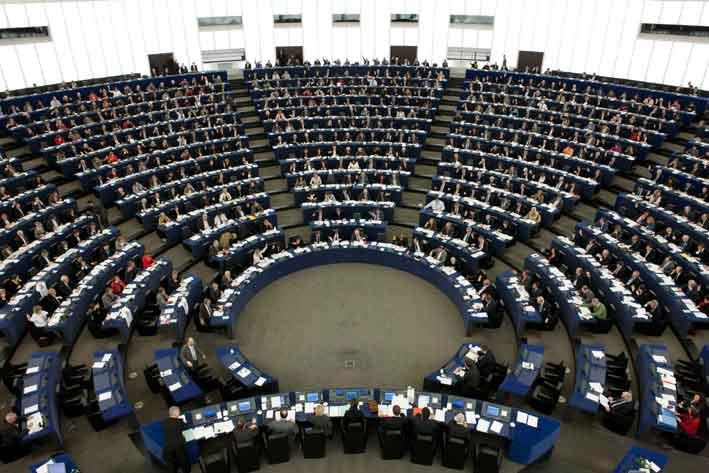
MEP elections: Delia's moment to sink or swim
The European Parliamentary elections (MEP), however, must be a concern for Delia and his inner circle, despite him repeatedly saying that he would not resign over a poor showing in the elections next May.
While the significant number of life-long PN voters who say they would not vote at all in the next general election with Delia at the helm will most likely return to their party on the ballot sheet, it would not be a surprise if disgruntled PN voters voice their concerns next May.
Labour voters may also come out in force to show their support for Muscat in his last election before stepping down, which supporters may see as an essential tool in keeping the PM on beyond 2022.
Should Delia, as indicated by the polls, potentially lose two of the three seats the PN currently hold, it would most likely spur a leadership challenge with only three more MPs (plus the 13 who opposed him following the Egrant inquiry) required to remove him as Opposition Leader in Parliament, and effectively as PN Leader.
Delia does, however, have an advantage in these elections. In addition to the fact that all citizens will be going to polls for simultaneous the local council elections, anti-corruption voters who fail to see Delia as their leader may still vote for candidates such as David Casa, who are perceived to be closer to Delia's predecessor, Simon Busuttil; while candidates such as Michael Briguglio, who has a strong base in the PN stronghold of Sliema, may also attract votes.
Whatever may happen, the future of Delia's tenure is unclear to say the least, just a year into his leadership.